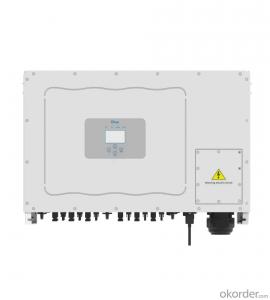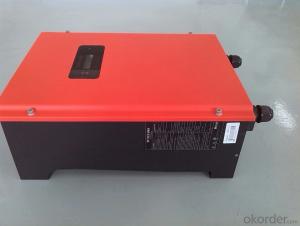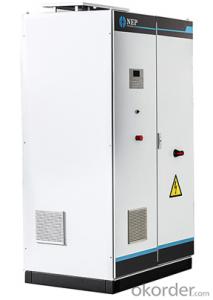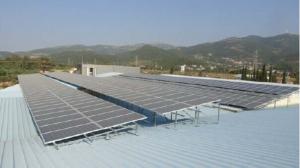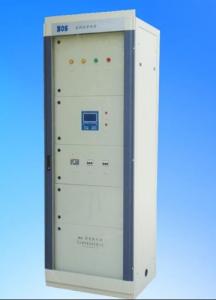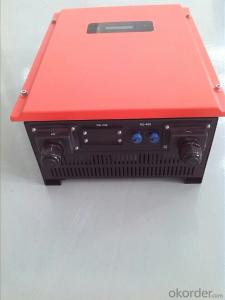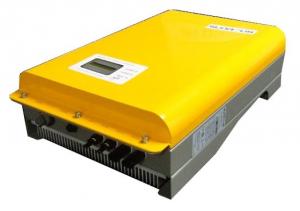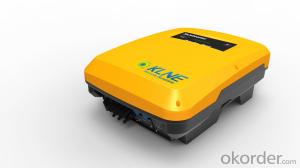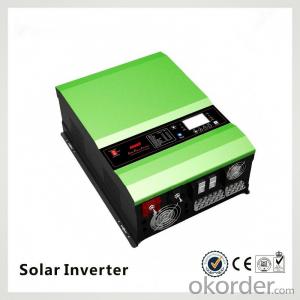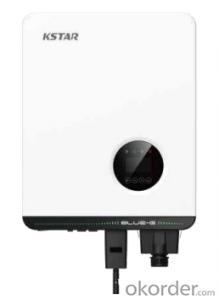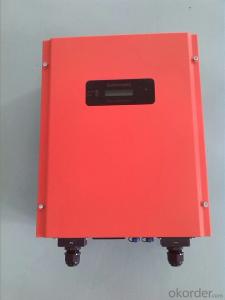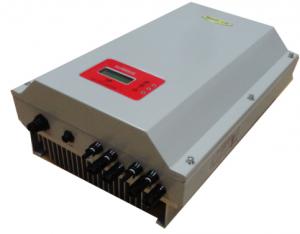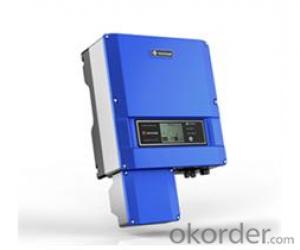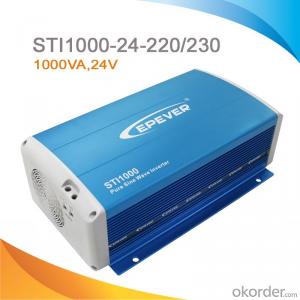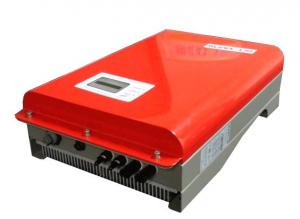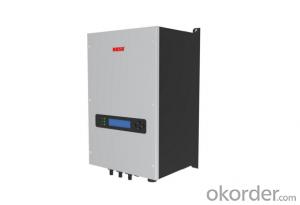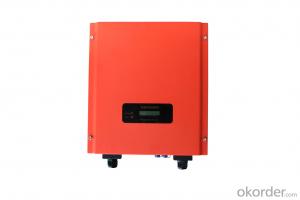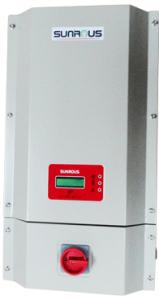All Categories
- - Steel Wire Rod
- - Steel Coils
- - Steel Profiles
- - Steel Pipes
- - Stainless Steel
- - Tinplate
- - Special Steel
- - Steel Sheets
- - Steel Rebars
- - Steel Strips
- - Hot Rolled Steel
- - Cold Rolled Steel
- - Pre-painted Steel
- - Seamless Steel Pipe
- - Welded Steel Pipe
- - Hollow Steel Tubes
- - Galvanized Pipe
- - Stainless Steel Coil
- - Stainless Steel Sheet
- - Stainless Steel Plate
- - Stainless Steel Strips
- - Electrolytic Tinplate Coil
- - Electrolytic Tinplate Sheet
- - Stainless Steel Rebars
- - Solar Panels
- - Solar Water Heater
- - Solar Related Products
- - Solar Inverter
- - Solar Cells
- - Solar Light
- - Solar Energy Systems
- - Solar Controllers
- - Solar Mounting System
- - Solar Pump
- - Solar Chargers
- - Fiberglass Chopped Strand
- - Fiberglass Mesh Cloth
- - Composite Pipes
- - FRP Pultrusion Profiles
- - Fiberglass Mat Tissue
- - Fiberglass Fabrics
- - Fiberglass Mesh
- - Composite Tank
- - Fiberglass Mesh tape
- - Polymer
- - FRP Roofing Panel
- - Fiberglass Roving
- - Monolithic Refractories
- - Ceramic Fiber Products
- - Refractory Bricks
- - Raw Materials For Refractory
- - Suspended Platform
- - Cranes
- - Concrete Machinery
- - Earthmoving Machinery
- - Building Hoist
- - Road Building Machinery
- - Plastic Pipe Fittings
- - Plastic Tubes
- - Plastic Sheets
- - Agricultural Plastic Products
- - Plastic Nets
 All Categories
All Categories
Q & A
What is the impact of module mismatch on the efficiency of a solar inverter?
Module mismatch refers to the situation where solar panels in a photovoltaic system have varying electrical characteristics, such as different current-voltage (I-V) curves or maximum power points. This can happen due to factors like shading, different orientations, or manufacturing variations. The impact of module mismatch on the efficiency of a solar inverter is significant.
When modules are mismatched, the overall system performance is compromised. Mismatched modules can cause power loss, reducing the overall energy production of the solar array. This occurs because the inverter is designed to operate at its maximum efficiency when all modules are producing power at the same voltage and current levels. However, with module mismatch, some panels may be operating at a lower power output, thus reducing the overall performance of the system.
In addition to reduced energy production, module mismatch can also lead to increased thermal stress on the solar inverter. The mismatched modules cause the inverter to operate at suboptimal conditions, resulting in higher temperatures and potential overheating. This can degrade the lifespan and reliability of the inverter, further impacting its efficiency and overall system performance.
Therefore, it is crucial to minimize module mismatch in a solar PV system by ensuring proper panel selection, placement, and regular maintenance. By addressing module mismatch, the efficiency of the solar inverter can be optimized, leading to improved energy generation and longer system lifespan.
Can a solar inverter be used with a solar-powered electric boat?
Yes, a solar inverter can be used with a solar-powered electric boat. A solar inverter converts the DC power generated by the solar panels into AC power that can be used to power electrical devices and systems on the boat. This allows the energy harvested from the sun to be utilized efficiently and effectively to power the boat's propulsion system and other electrical components.
Can a solar inverter be used in a standalone battery storage system without solar panels?
No, a solar inverter is designed specifically for converting the direct current (DC) produced by solar panels into alternating current (AC) for use in residential or commercial electricity grids. It requires solar panels to generate DC power, so it cannot be used in a standalone battery storage system without solar panels.
Can a solar inverter be used with solar trackers?
Yes, a solar inverter can be used with solar trackers. Solar trackers are designed to follow the movement of the sun, maximizing the efficiency of solar panels. The solar inverter converts the DC power generated by the solar panels into AC power that can be used in homes or businesses. So, a solar inverter is an essential component that can be used in combination with solar trackers to optimize the energy output.
Wholesale Solar Inverter from supplier in Liechtenstein
We are a Solar Inverter supplier serving the Liechtenstein, mainly engaged in the sale, quotation, and technical support services of various Solar Inverter products in the Liechtenstein region. We are a subsidiary platform of the Fortune Global 500 company CNBM, able to provide you with one-stop Solar Inverter procurement services in the Liechtenstein. Not only do we have a wide range of Solar Inverter products, but after years of market development in the Liechtenstein, we can also provide valuable experience for your projects.
